Trending Now
Sunday, Nov, 2024
Home / Scholars Disturbed over NCERT History Book Changes and Recall Hindu-Muslim solidarity against British
Scholars Disturbed over NCERT History Book Changes and Recall Hindu-Muslim solidarity against British
The academics expressed their concerns about excluding references to Maulana Abul Kalam Azad, a renowned individual who contributed to India's freedom struggle, from the changed NCERT syllabus.
 by Pragti Sharma /
by Pragti Sharma /  09 May 2023 17:42 PM IST /
09 May 2023 17:42 PM IST /  0 Comment(s) / 219
0 Comment(s) / 219

Prominent scholars communicated their disappointment over the changes made in presenting modern Indian history during a conference arranged by the Hashim Abdul Halim Foundation in Kolkata. Scholars pointed out that the changes being brought to the National Council of Educational Research & Training (NCERT) syllabus go against India's custom of inclusiveness.
The academics expressed their concerns about excluding references to Maulana Abul Kalam Azad, a renowned individual who contributed to India's freedom struggle, from the changed NCERT syllabus.
Professor Maidul Islam- a political scientist from the Centre for Studies in Social Sciences in Kolkata, complained that instead of moving ahead, India is moving backward.
He said Maulana Abul Kalam Azad, who negotiated India's Independence with other eminent leaders like Jawaharlal Nehru and Mahatma Gandhi, has been removed from the new syllabus.
He stated that we are now noticing Azad removed from the NCERT syllabus, a person of prominence not seen in 100 years... He has been deleted from the syllabus. You can delete it, but some people will stay forever engraved in the psyche of the nation.
The professor said that the guiding regulations of the Indian Constitution ensure the rights of those who chose to stay in the country after Independence despite not departing for anywhere else. He added that these people had actively contributed to India's freedom struggle and growth.
Professor Shamsul Islam, Former Professor of Political Science at Delhi University, expressed that the recent changes to the NCERT syllabus make it seem like only some 'khas lok' (privileged or selected people) are authorized to live in India, which is not what India is all about.
The professor said there was no combined division between soldiers who participated in India's first War of Independence in 1857. Hindu and Muslim soldiers revolted jointly against British rule in support of the then-emperor, who was a Muslim.
The veteran academic said there was no Hindu or Muslim fight in those days. Words like communalism and secularism were unheard of. All these terminology came into being in the late 19th-20th century.
He added that there was no vision like religious nationalism in South Asia in those days.
Eminent historian Professor Bhaskar Chakraborty of Calcutta University stated that borders cease to exist in Taki, Basirhat along the Bangladesh border during the Durga Puja festival, "as people from both sides join together in boats in order to participate in the revelry. These are the families living on both sides of river Ichamati separating the two countries."
The academician noted that, in many ways, the border does not exist for these people united by ethnicity and geographical closeness.
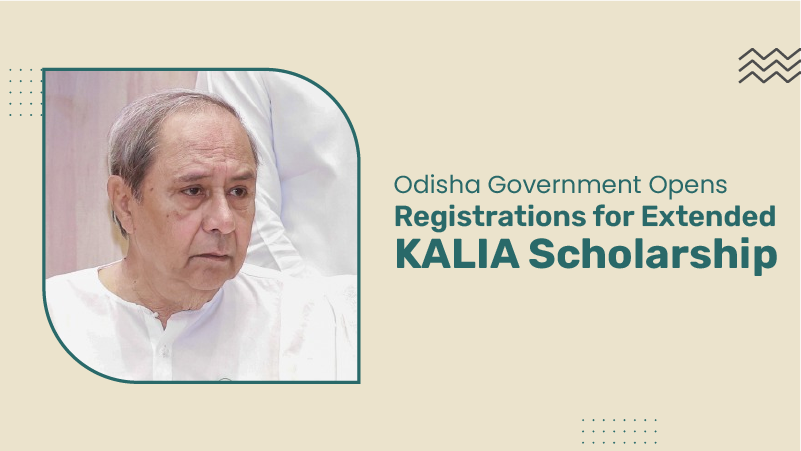
Reforms / January 11, 2024
Odisha Government Opens Registrations for Extended KALIA Scholarship
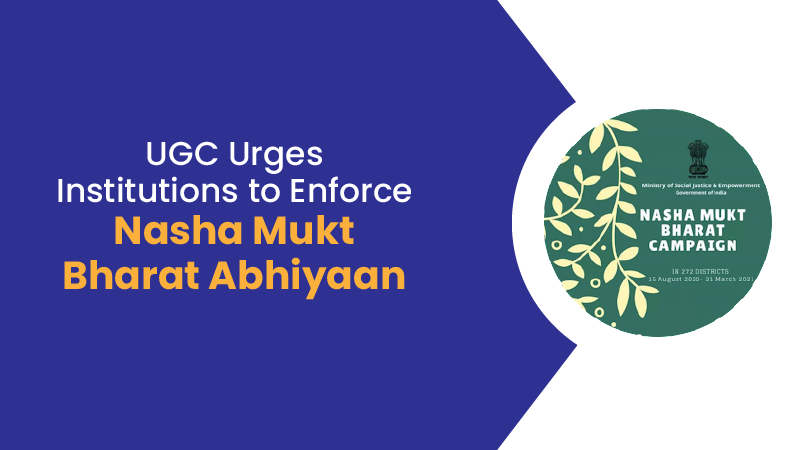
Reforms / January 03, 2024
UGC Urges Institutions to Enforce Nasha Mukt Bharat Abhiyaan

EShort / February 16, 2024
IMS Noida Admissions 2024: Apply for UG, PG programmes

EShort / February 16, 2024
GATE 2024: Response sheet out

EShort / February 16, 2024
BSSTET 2023: Admit card released

EShort / February 16, 2024
NID DAT 2024: Prelims result released

EShort / February 16, 2024
IIT JAM 2024: Response sheet released

Jobs / February 16, 2024
UPSC Recruitment Drive 2024: Apply for 120 vacancies in various departments

EShort / February 14, 2024
UPSC CSE 2024: Official Notification issued; application process begins

Editor's Desk / April 17, 2020
How Does Society Impact Our Education?
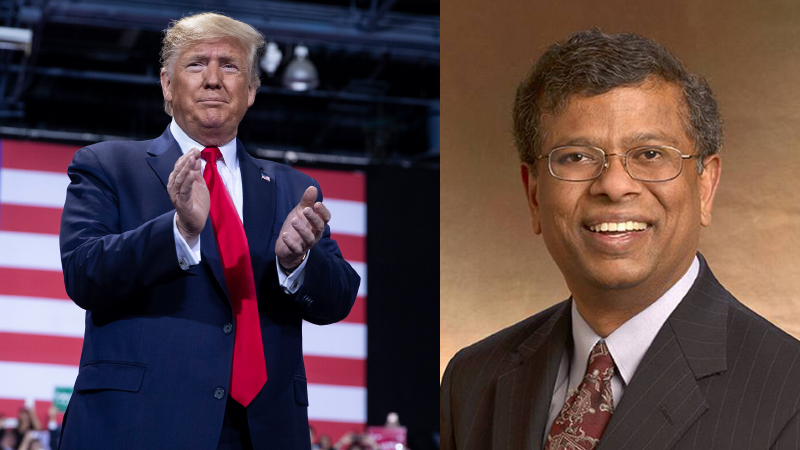
Current Affairs / April 22, 2020
Mr. Sudarsanam Babu appointed to U.S. Science Board.
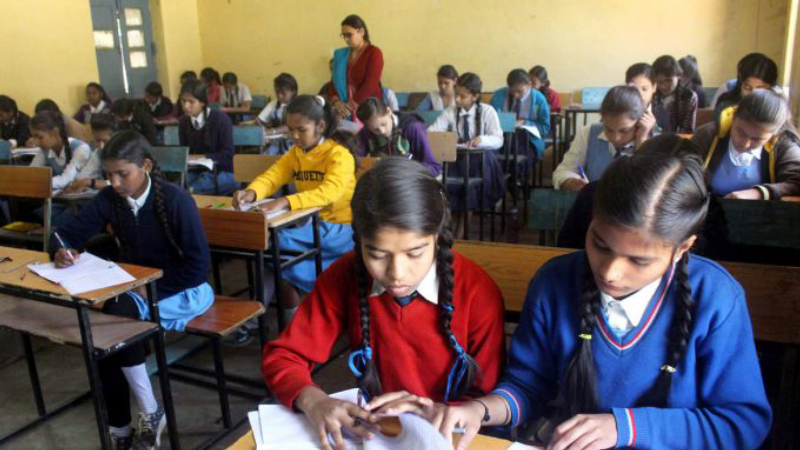
Reforms / April 17, 2020
Traditional Structure of Education In India
.jpg)
Events & Seminars / April 17, 2020
PISA!!
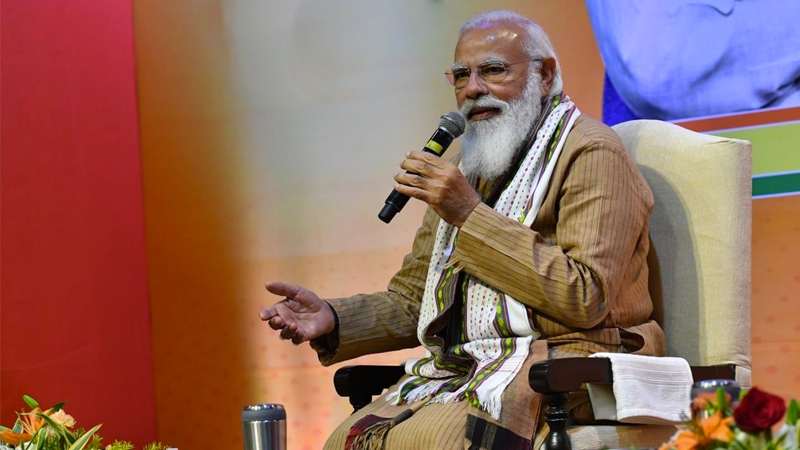
Blog / February 26, 2021
Government's Action On #ModiRojgaarDo

EShort / May 19, 2022
CUET PG 2025 has started the registration process.

Notice Board on Important Dates / April 21, 2020
World Heritage Day

News / July 08, 2021
JEE Mains Registration For Session 3: Last Date To Apply

EShort / December 14, 2021
UPSC Declared Final Result For DCIO Recruitment


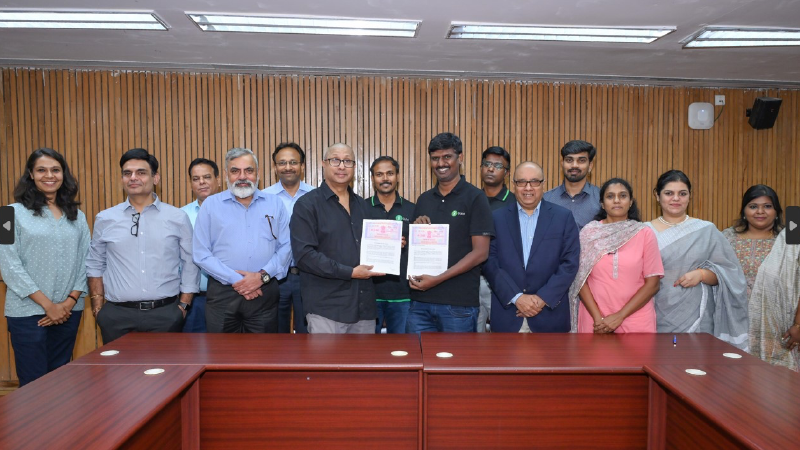


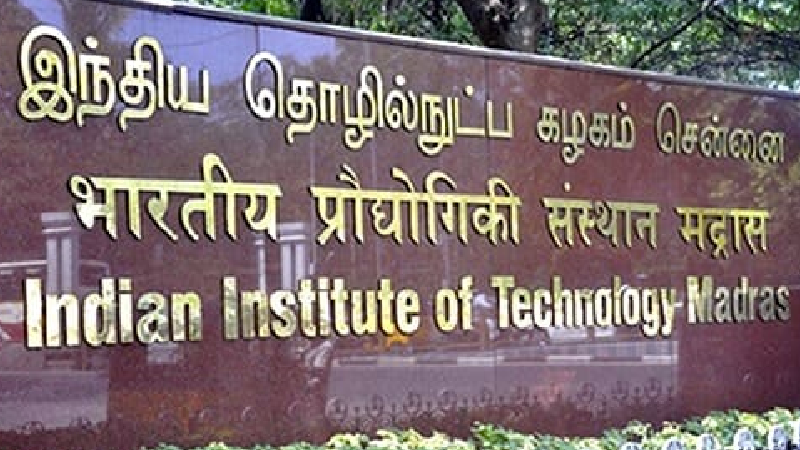
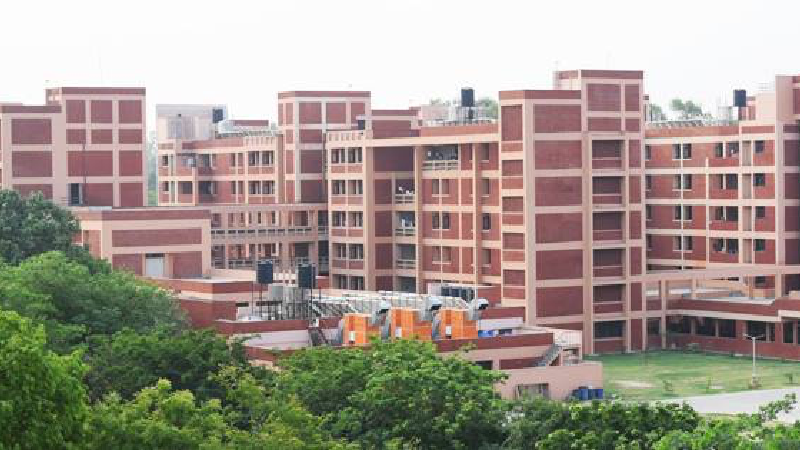



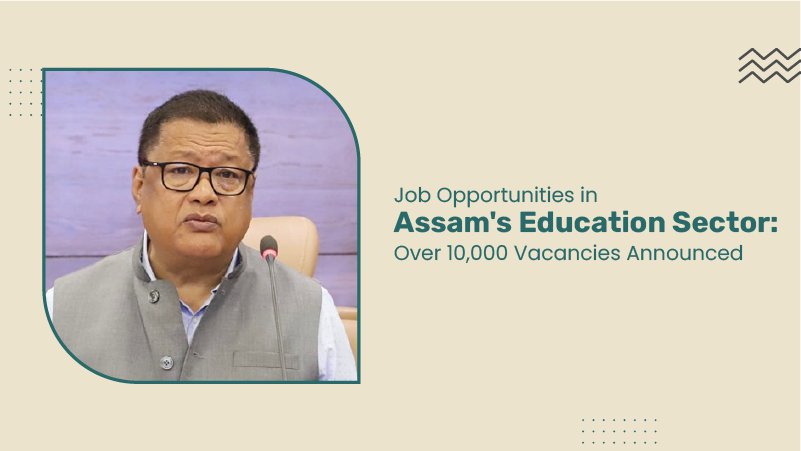
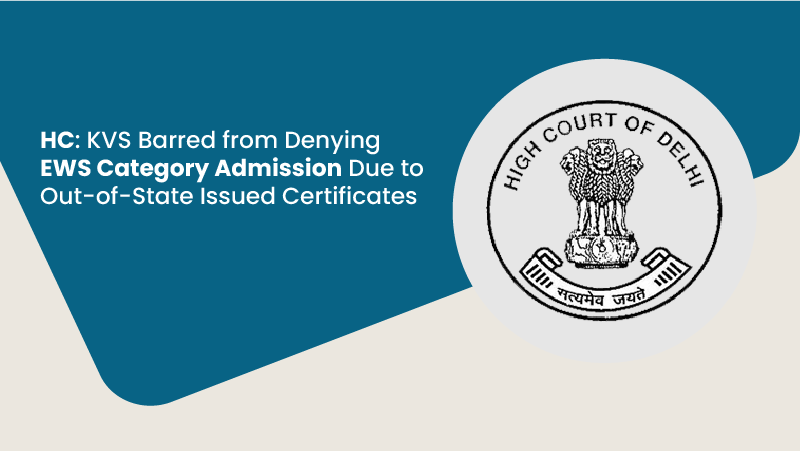
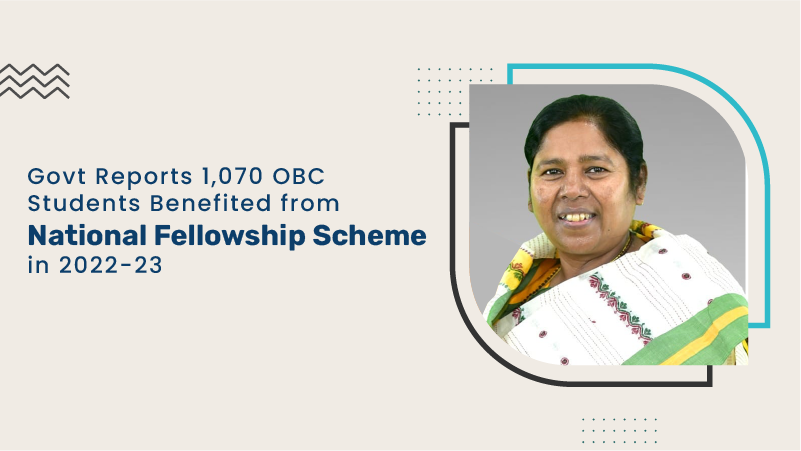
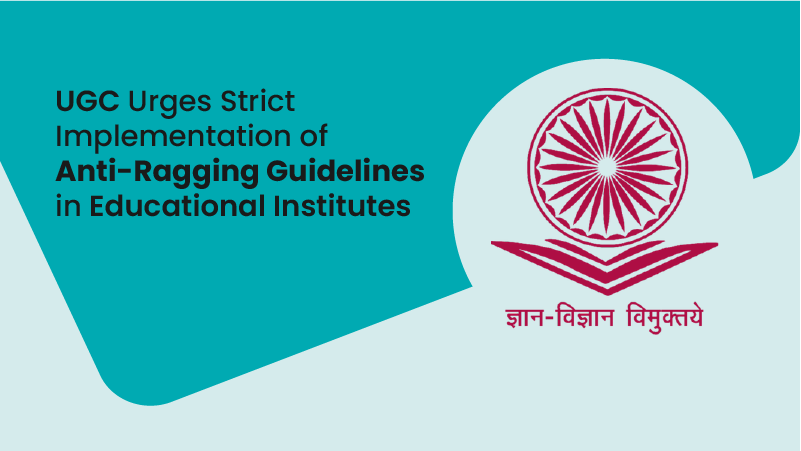
-02.png)

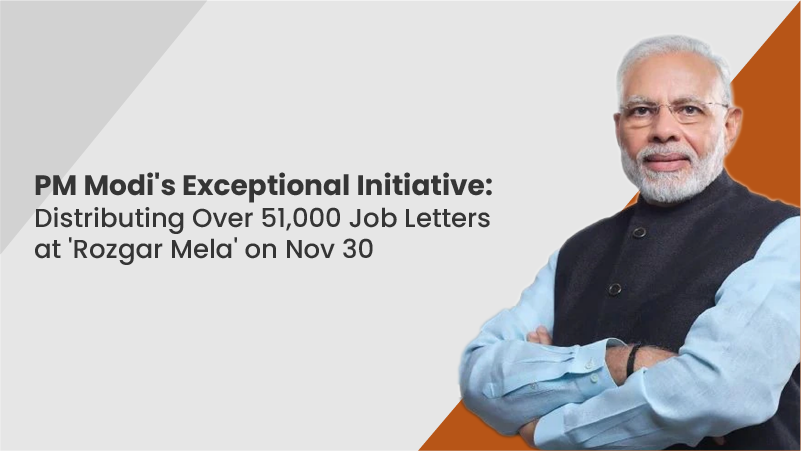


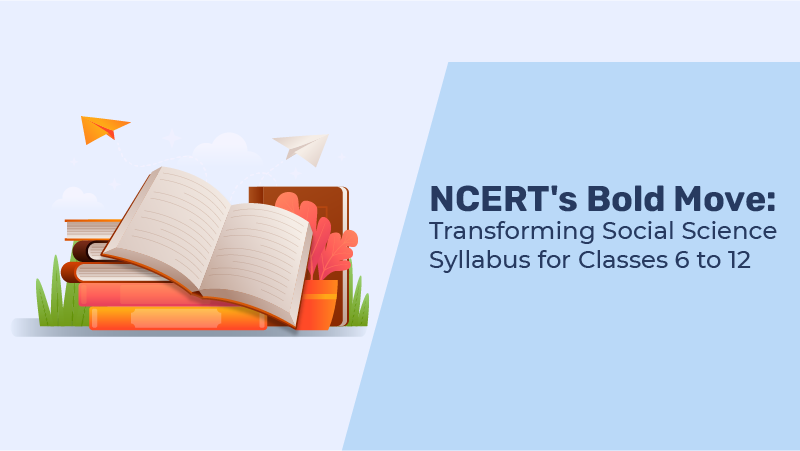

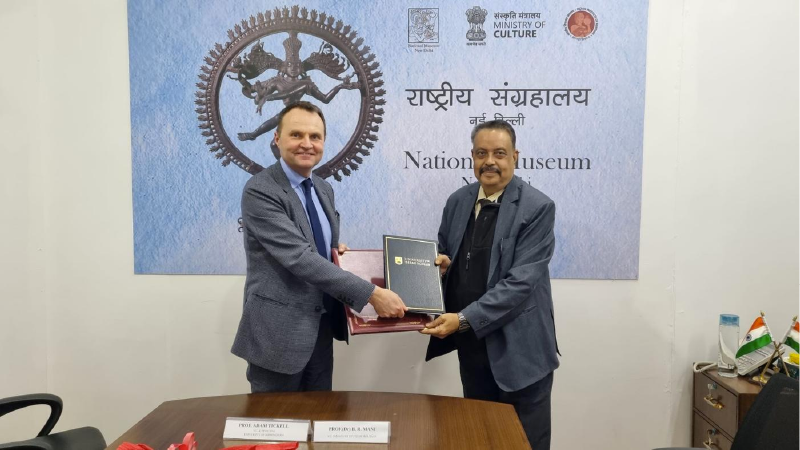
0 Comments
Post Comments